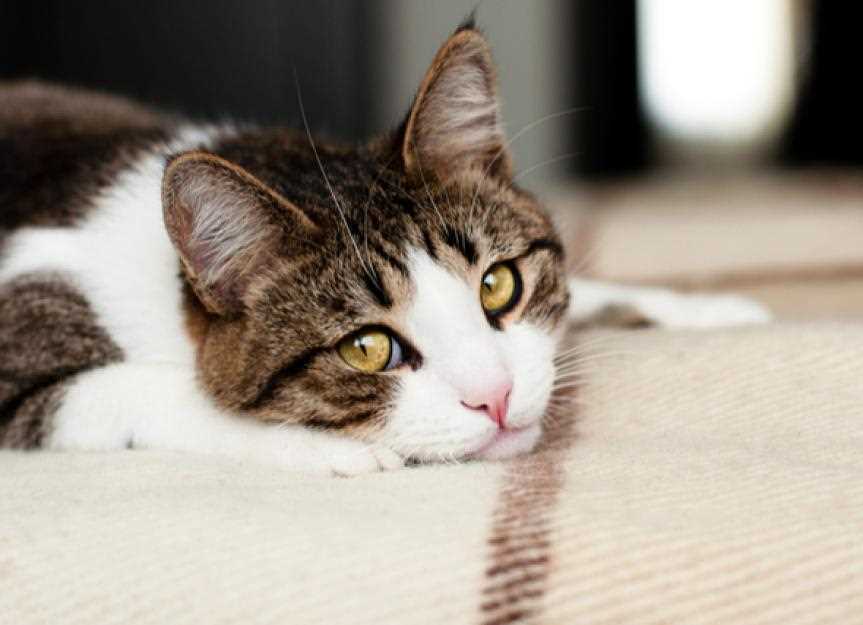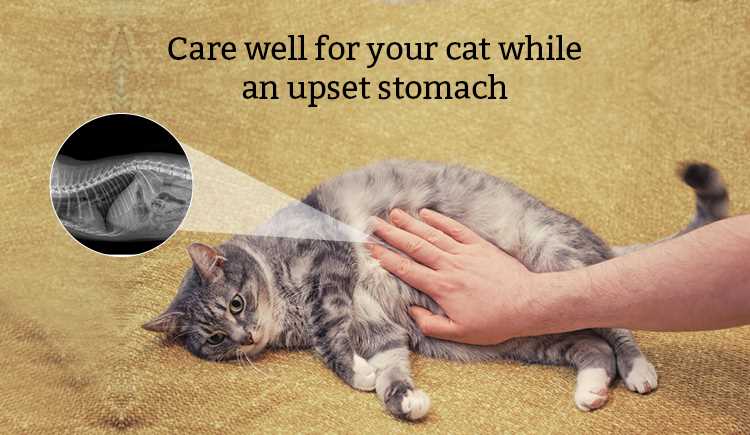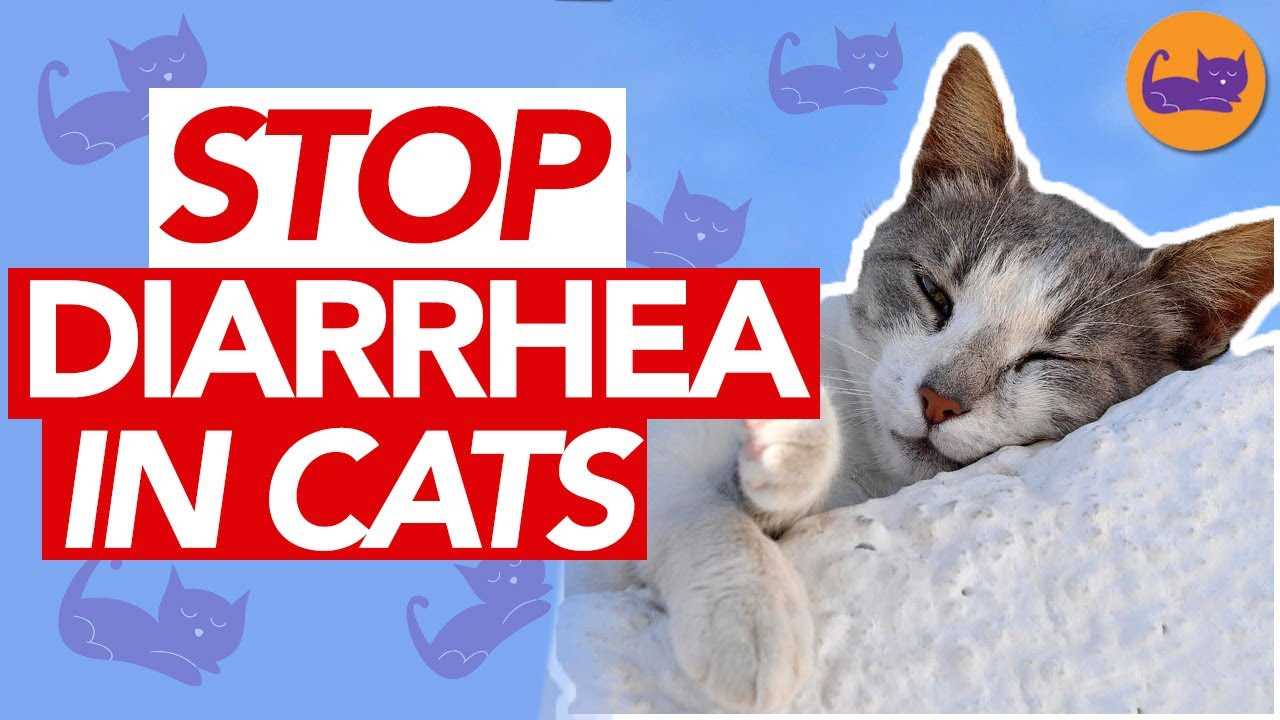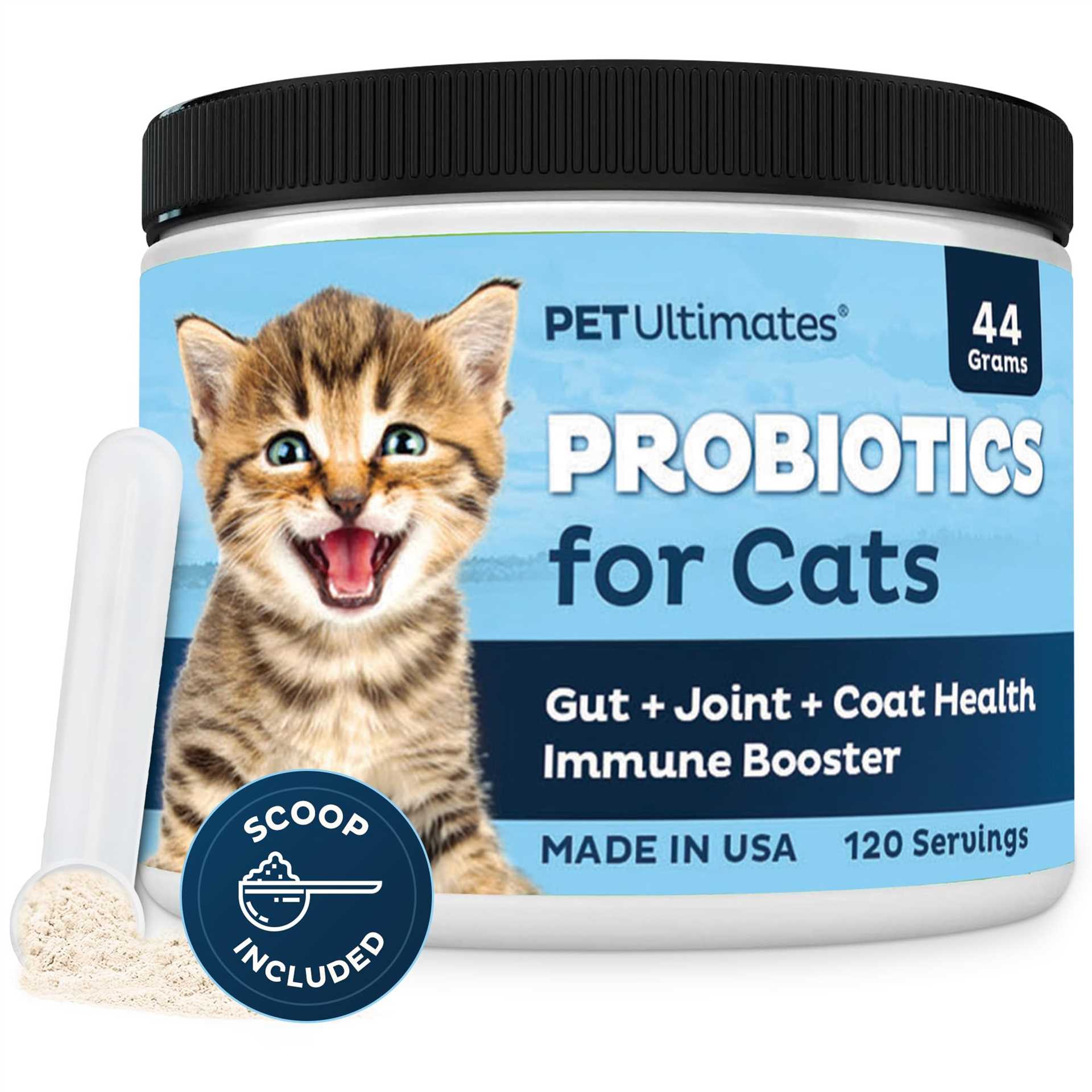



When I feel a bit off, a bland diet helps me bounce back. Boiled chicken or rice, plain and unseasoned, works wonders. It’s easy on my tummy and provides the necessary nutrients without overwhelming my system.
Another option is pumpkin puree. A spoonful of this natural remedy can aid digestion and stabilize any irregularities. Just make sure it’s the pure stuff–no added sugars or spices!
Hydration is key during this time. Encourage sipping fresh water or consider offering low-sodium chicken broth. This keeps me hydrated and can soothe any discomfort.
In some cases, probiotics might be beneficial. These little helpers can restore balance in my gut. They come in various forms, so pick one designed specifically for felines.
Always consult a veterinarian before trying new remedies. They can provide tailored advice ensuring the best care for furry companions like me.
Suggestions for a Feline’s Gastrointestinal Distress
In situations where my tummy feels off, plain boiled chicken or turkey offers comfort. Ensure it’s free from seasoning and skin.
Small amounts of plain, unsweetened pumpkin puree can help settle things down. It’s great for digestion and provides fiber.
Rice mixed with a little bit of meat can be gentle on the digestive system. Cook it thoroughly and serve in small portions.
Hydration matters, so offering fresh water is key. Sometimes, I prefer drinking diluted low-sodium chicken broth.
Probiotics specifically designed for felines can restore balance to the gut. These come in various forms, including powders and treats.
Monitor behavior closely. If symptoms persist or worsen, a visit to the veterinarian is essential for proper care.
Identifying Symptoms of Upset Stomach in Cats
Observing changes in behavior is crucial. Signs of discomfort might manifest through the following:
- Frequent vomiting or regurgitation
- Diarrhea, which can be loose or watery
- Lethargy, showing less interest in play or interaction
- Reduced appetite or complete refusal to eat
- Excessive grooming or licking of the abdomen
- Unusual postures, such as crouching or arching the back
Pay attention to vocalizations. Excessive meowing or unusual sounds may indicate discomfort. Monitor litter box habits; changes in frequency or consistency can reveal underlying issues.
Physical inspection is important. Check for bloating or tenderness in the abdominal area. Any signs of distress should prompt immediate attention.
Keep track of recent dietary changes or exposure to new treats, as these can trigger gastrointestinal issues. Noting these factors can assist the vet in diagnosing the problem effectively.
Safe Foods to Offer Your Cat

Boiled chicken without skin or seasoning is a gentle option that many felines enjoy. It’s easy to digest and provides necessary protein.
Plain cooked rice can help firm up digestive issues. Combining it with chicken creates a simple, soothing meal.
Plain pumpkin, especially pureed, is beneficial for digestion. It’s rich in fiber and can help regulate bowel movements.
Low-fat cottage cheese is another choice that may be well-tolerated. It offers protein and can be gentle on sensitive tummies.
Baby food containing only meat and no additives is a safe alternative. Always check the ingredients to avoid harmful additives.
Fish like canned tuna or salmon, in small amounts, can be appealing. Ensure it’s packed in water, without added salt.
Unseasoned scrambled eggs provide a source of protein and are often well-received. Just ensure it’s cooked thoroughly.
Hydration is key. Fresh water should always be available. Offering ice cubes can entice some to drink more.
Consulting a veterinarian before introducing new foods is wise, especially if the digestive discomfort persists.
Hydration Tips for Cats Facing Digestive Issues
Ensure fresh water is available at all times. Consider adding a pet water fountain; moving water often encourages drinking. If your furry friend isn’t interested in plain water, try offering low-sodium chicken or beef broth. This can entice them to hydrate while providing some flavor.
Wet food can also be an excellent source of moisture. Incorporate high-quality canned options that contain ample liquid. Look for varieties that list meat as the first ingredient and are free from artificial additives.
Monitor their fluid intake closely. Signs of dehydration include dry gums, lethargy, or decreased skin elasticity. If any of these symptoms arise, consult a veterinarian promptly.
Another option is to use ice cubes made from broth. These can be a fun treat and a way to increase fluid consumption. Just be sure to supervise while they enjoy these icy snacks.
If digestive issues persist, ensure to discuss the potential need for an antibiotic for cats with upper respiratory infection with your vet, as it might be related to a larger health concern.
When to Use Over-the-Counter Remedies

Only consider over-the-counter solutions if the discomfort persists for more than 24 hours or if symptoms worsen. If there’s lethargy, vomiting, or diarrhea, consult a vet before trying any medication.
Products like probiotics or fiber supplements may help, but always verify the ingredients for safety. Some human medications, like famotidine, can be safe in small doses, yet dosage must be confirmed by a veterinarian.
Be cautious with herbal remedies. Not all are safe for felines. Look for products designed specifically for pets to avoid harmful ingredients.
Here’s a quick reference table for common over-the-counter options:
| Remedy | Usage Notes | Consult Vet? |
|---|---|---|
| Probiotics | Support digestive health; follow dosage instructions. | Yes |
| Fiber Supplements | Can help with constipation; ensure proper hydration. | Yes |
| Famotidine | May reduce stomach acid; confirm dosage with vet. | Yes |
| Herbal Remedies | Use caution; not all are safe for pets. | Yes |
Monitoring behavior and symptoms after introducing any remedy is key. If there’s no improvement or if conditions worsen, visiting a veterinarian is crucial. Always prioritize safety first.
Homemade Diet Solutions for Feline Stomach Issues
For those moments when my tummy isn’t feeling so great, a few homemade options can really help soothe my digestive troubles. Here’s what I recommend:
Simple Recipes
- Boiled Chicken: Just plain, unseasoned boiled chicken. Cut into small pieces for easy chewing. This is gentle on my system.
- Pumpkin Puree: Canned pumpkin (not the spiced pie filling) is a great addition. It aids in digestion and helps firm up stools.
- Rice and Chicken Broth: Cook rice and mix it with low-sodium chicken broth for a tasty and easily digestible meal.
Menu Tips
- Small Portions: Serve smaller meals throughout the day instead of one large bowl. This helps my tummy process the food better.
- Introduce Slowly: Gradually mix any new food into my regular meals to prevent further stomach upset.
- Consult a Vet: If homemade solutions aren’t effective, it’s wise to check in with a veterinarian for other options.
Hydration is key, so always have fresh water available. If I still seem unwell after trying these remedies, it might be time to consider other solutions or even over-the-counter options. More info about safety can be found here: are electric lawn mowers safe.
Signs Your Feline Needs Veterinary Care
If there’s vomiting or diarrhea persisting for more than 24 hours, a trip to the vet is non-negotiable. Dehydration can set in quickly, especially if there’s a lack of appetite and water intake.
Weight loss over a short period is alarming. If I notice my body shrinking, it’s crucial to see a professional. Sudden changes in weight could indicate underlying health issues.
Excessive lethargy is another sign. If I’m not my usual playful self or prefer to stay hidden, it’s worth getting checked. Cats are good at hiding discomfort, so any noticeable change in energy levels deserves attention.
Difficulty breathing or persistent coughing should never be ignored. Signs like wheezing or rapid breathing can signal serious respiratory problems that require immediate action.
If there are noticeable changes in litter box habits, such as straining to urinate or blood in urine, it’s time to consult a vet. Such symptoms could indicate urinary tract infections or other severe conditions.
Persistent abdominal pain or sensitivity is a red flag. If I flinch when touched around the belly or exhibit signs of discomfort, don’t hesitate to seek veterinary assistance.
Lastly, any sudden behavioral changes, like aggression or hiding, may reflect physical distress. It’s essential to investigate any drastic shifts in temperament.
Preventing Future Digestive Distress in Felines
Maintaining a consistent feeding schedule helps regulate digestive health. I recommend offering meals at the same time every day to create a routine. Portions should be appropriate for my size and activity level to prevent overeating.
Monitor Food Quality

Selecting high-quality nutrition is paramount. Always check for fresh ingredients and avoid artificial additives. Transitioning to new foods gradually can minimize reactions. Introduce any changes over a week to allow the digestive system to adjust.
Regular Vet Check-ups

Routine veterinary visits are key for early detection of potential health issues. Regular check-ups enable monitoring of weight, diet, and overall well-being. Discuss any concerns about digestion or food intolerances during these appointments to ensure tailored advice.










